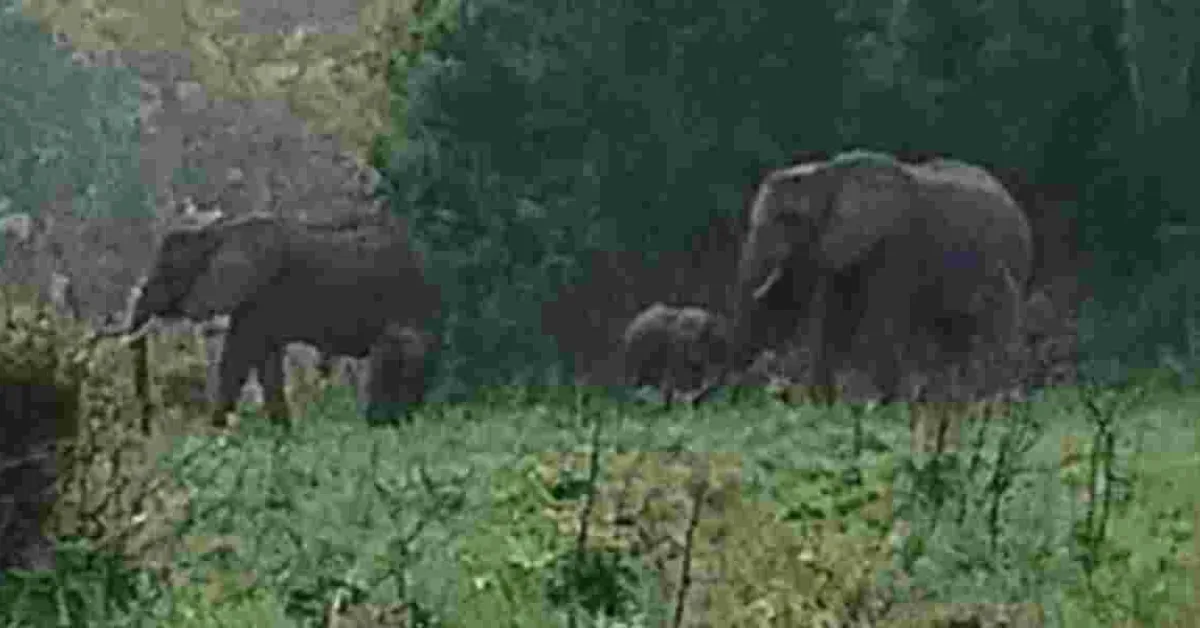Kenya Celebrates Latest Twin Elephant Birth

Kenya has welcomed the birth of twin elephant calves in the Shimba Hills National Reserve, located in Kwale County.
This announcement, celebrated by Kenya Wildlife Services (KWS), marks the third instance of twin elephant births in the nation over the last three years. KWS expresses their excitement, referring to the event as a "double dose of blessings from Mother Nature." The twins, whose genders have not yet been disclosed, are reported to be in good health and are remaining close to their mother within the reserve.
Twin births in elephants are exceedingly rare, occurring in roughly 1% of all pregnancies. The mother's ability to produce enough milk for both calves poses a significant challenge, making their survival an extraordinary achievement. This latest occurrence follows two previous cases of twin births in the Samburu National Reserve. In December 2023, a mother named Alto from the Clouds family gave birth to a pair of female calves.
Two years prior, Bora from the Winds family welcomed a male and a female calf, although the female tragically succumbed to severe drought conditions impacting the region. The twin births offer a ray of hope against a backdrop of ongoing conservation challenges. Elephants in Kenya continue to face serious threats from poaching, habitat destruction, and climate change.
A recent study published in the Proceedings of the National Academy of Sciences by Save the Elephants and the Wildlife Conservation Society noted the alarming decline of elephant populations across Africa. This extensive analysis involved surveys from 475 sites in 37 countries between 1964 and 2016, revealing a staggering 77% average decline in both Savanna and Forest elephant populations.
Specifically, Savanna elephant populations have witnessed an average decrease of 70%, while Forest elephants have suffered a dramatic 90% reduction. Regional variations were noted, with some populations in Southern Africa showing growth, while others, particularly in the Northern Savannas, have faced extinction.














Add new comment